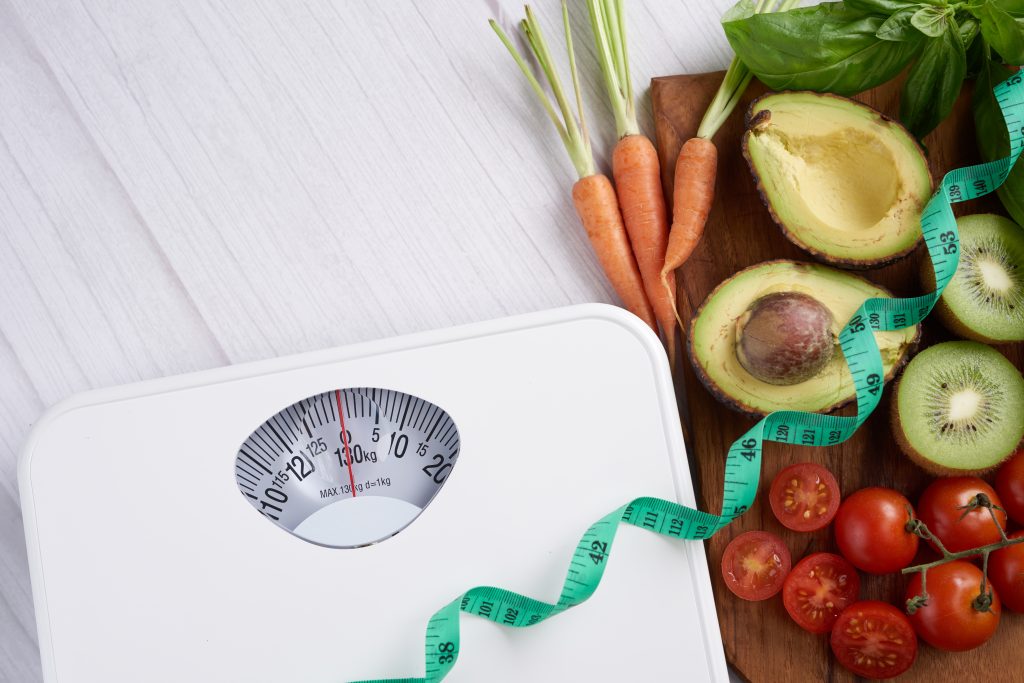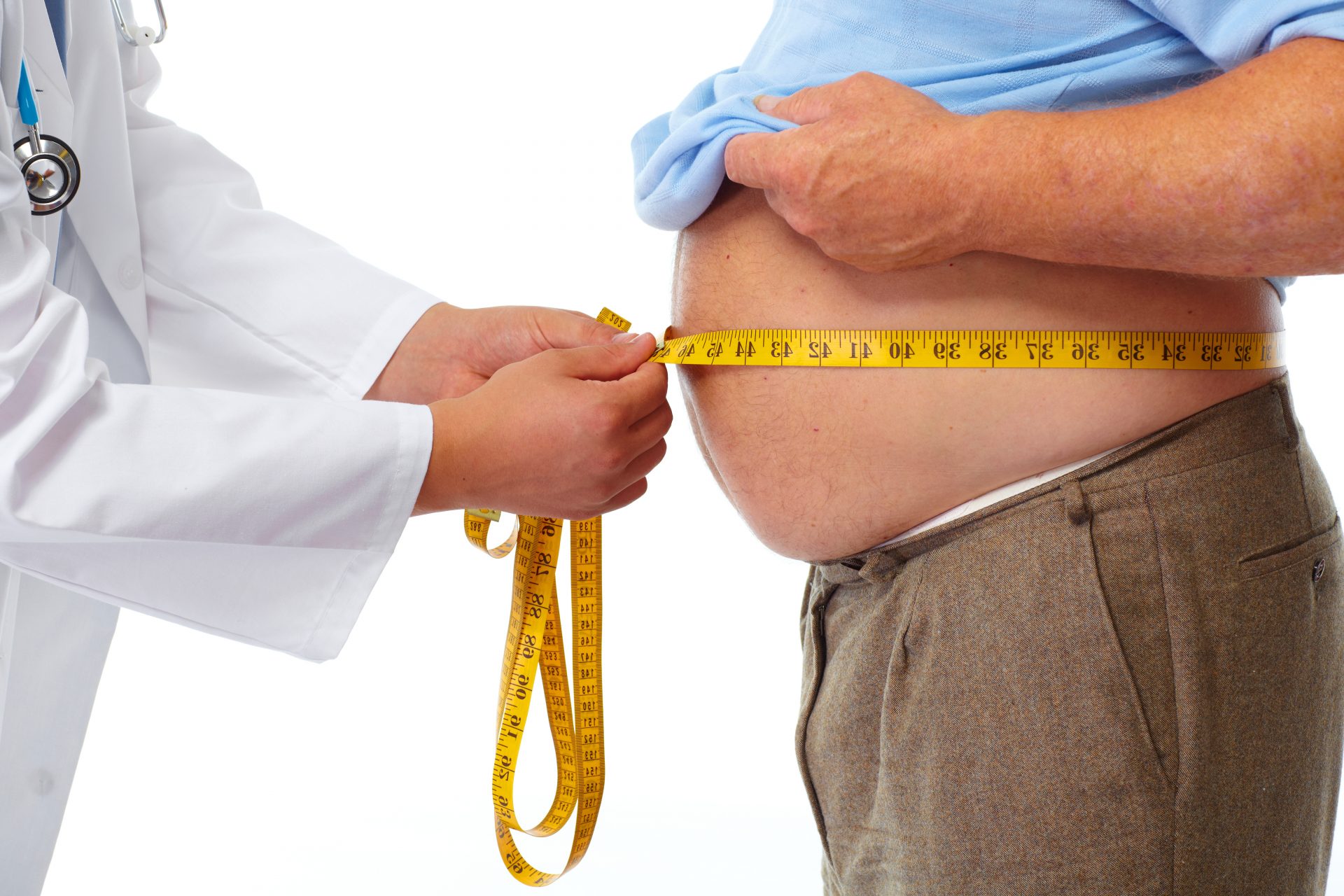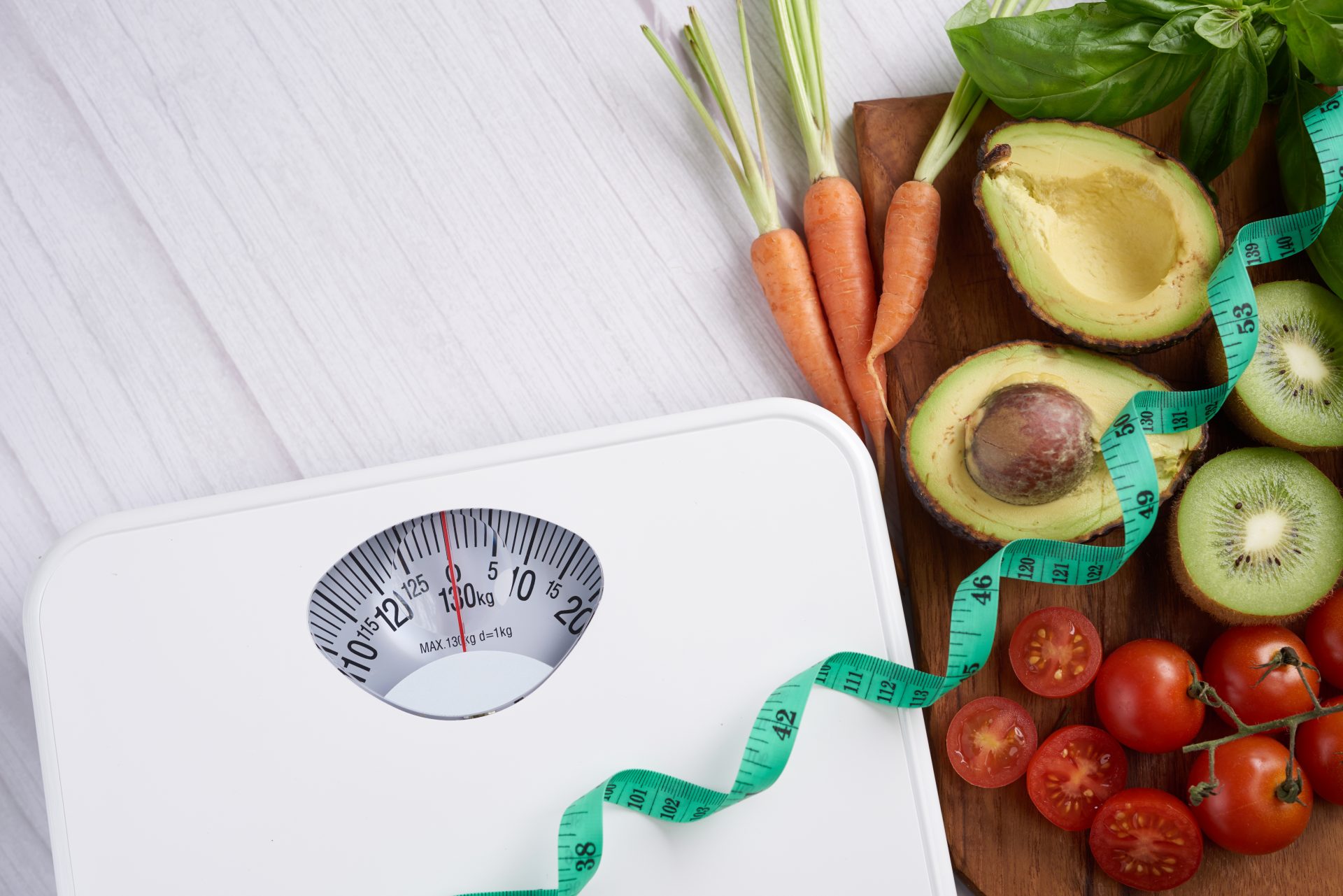
A Low-Calorie Diet: How Does It Affect Bone Health?
- August 15, 2023

Dr. James Tan
SENIOR CONSULTANT
Quantum Orthopaedics
Dr James Tan is a highly skilled surgeon who has more than 10 years of experience in sports surgery and exercise medicine. He has treated athletes from the Singapore National Teams and professional footballers from the Singapore Premier League and the Young Lions.
Dr Tan specializes in treating sports injuries of the knee, shoulder and elbow joints, as well as cartilage and meniscus surgery. He is also well versed in minimally invasive (key-hole) tendon and ligament repair, joint replacement and muscle-tendon transfers of the shoulder joint.
- Endocrinology, Orthopaedics
- Reading Time: 3 minutes
- diet, Food and Nutrition, lifestyle
Share with others
The average calorie intake of a healthy individual can vary based on factors such as age, sex, weight, height, activity level, and individual metabolism. Here is a rough breakdown:
- People who engage in minimal physical activity may require around 1,800 to 2,200 calories per day for women and 2,200 to 2,600 calories per day for men.
- Moderately active individuals may require 2,200 to 2,400 calories per day for women, and 2,600 to 2,800 calories per day for men.
- Very active individuals may require 2,400 to 3,000+ calories per day for women and 2,800 to 3,500 calories per day for men.

To put this into perspective, a plate of chicken rice can contain roughly 370-600 calories depending on the portion size and the ingredients used. And in comparison, low calorie diets can go as low as only 800 calories intake per day. While a low-calorie diet helps you to shed weight fast, it has its own set of repercussions, especially on bone health.
Increased risk of bone loss and osteoporosis
Calorie restriction can result in an insufficient intake of nutrients such as essential vitamins and minerals required for bone health, which can increase the risk of bone loss and osteoporosis.
A Decrease in Muscle Mass
When calorie intake is severely restricted, the body may start breaking down muscle tissue to obtain energy. Muscles provide support and protection to the bones, and when muscle mass decreases, your bones may experience increased stress and a higher risk of fractures. Maintaining muscle mass is also important for metabolic health, strength, and overall physical functioning.
Decline in Estrogen Levels in Women
While there are many dieting trends that promote healthy eating and sustainable weight loss, it is recommended to steer clear of diets that dip below 1,200 calories. Very low-calorie diets are typically reserved for individuals with specific medical needs and require close monitoring to ensure nutritional adequacy to minimize potential risks.
To maintain good bone health, it’s important to follow a balanced and nutrient-rich diet that provides sufficient calories and includes foods rich in calcium, vitamin D, protein, and other essential nutrients.
If you have any concerns on your bone health, it is best to seek medical advice from your healthcare provider.
Article reviewed by Dr. James Tan, Consultant Orthopaedic Surgeon at Quantum Orthopaedics.






